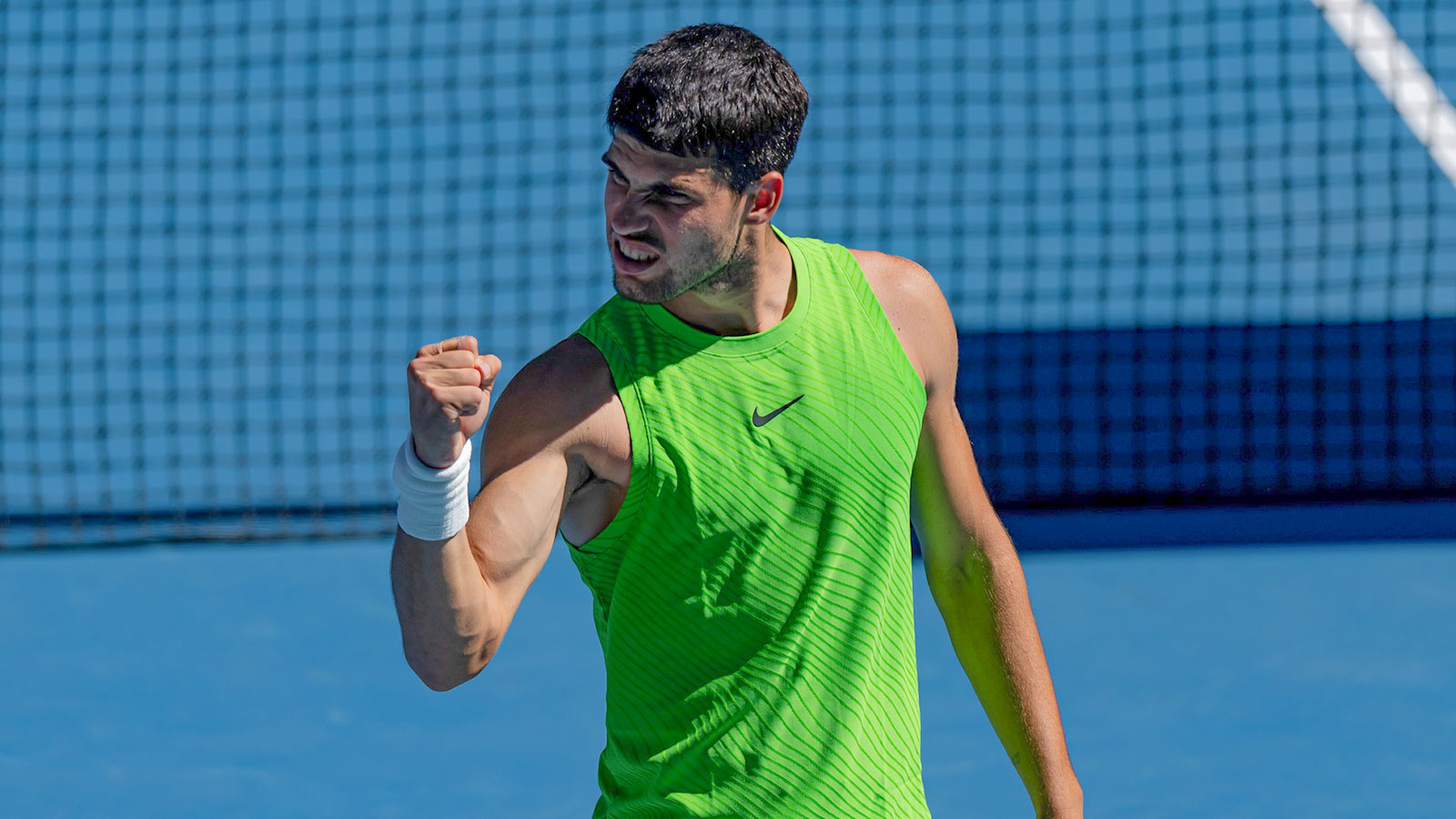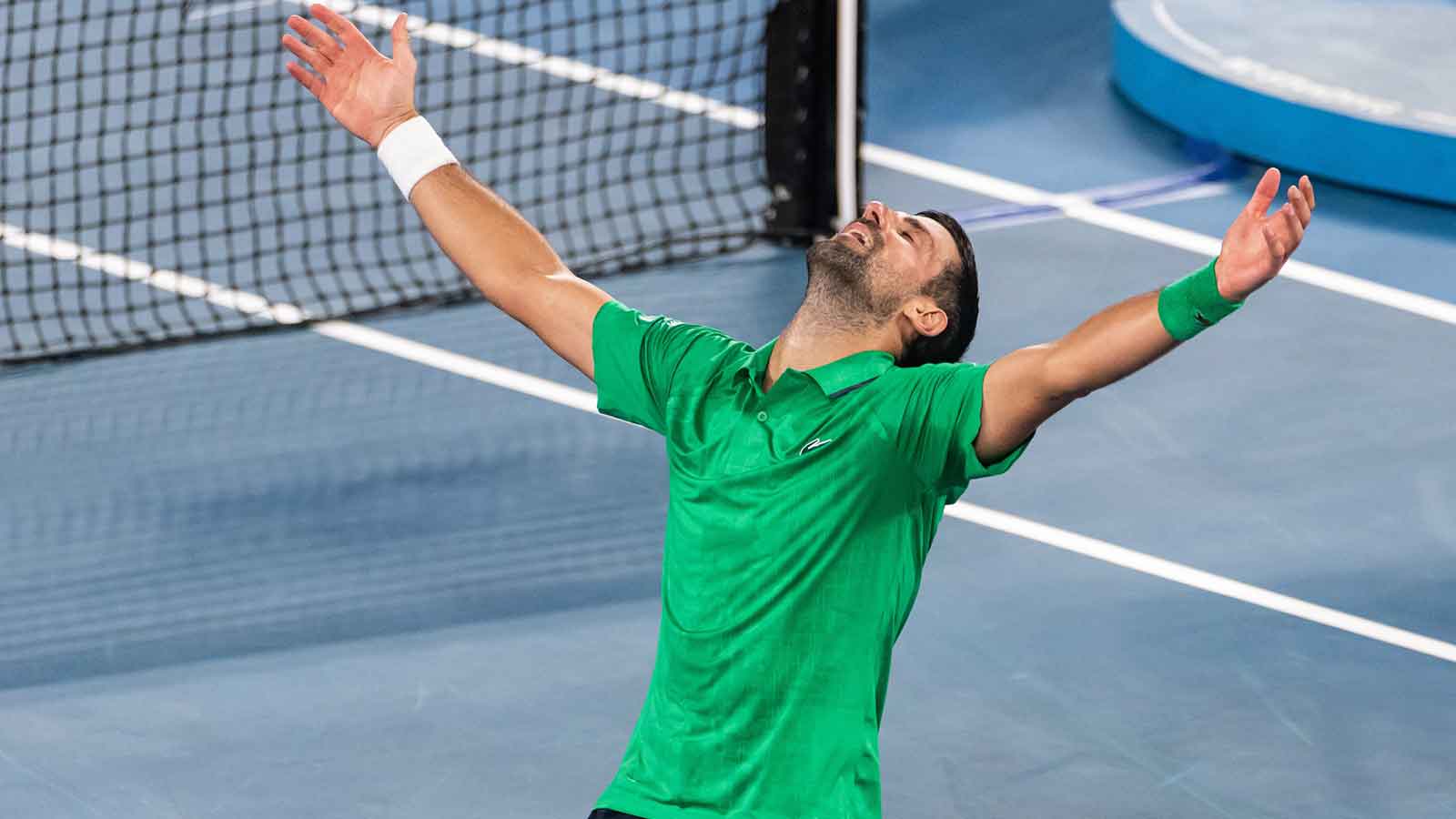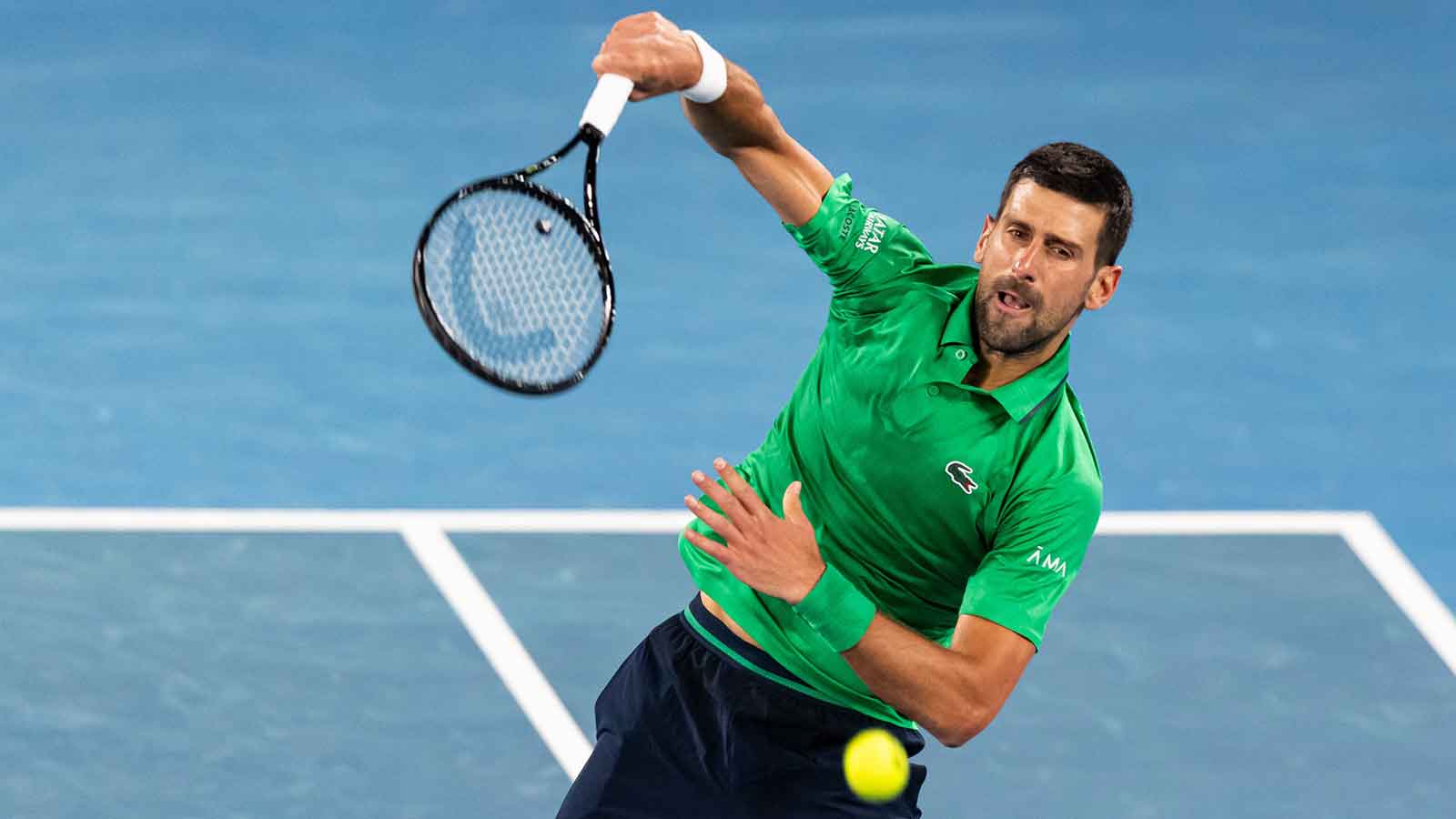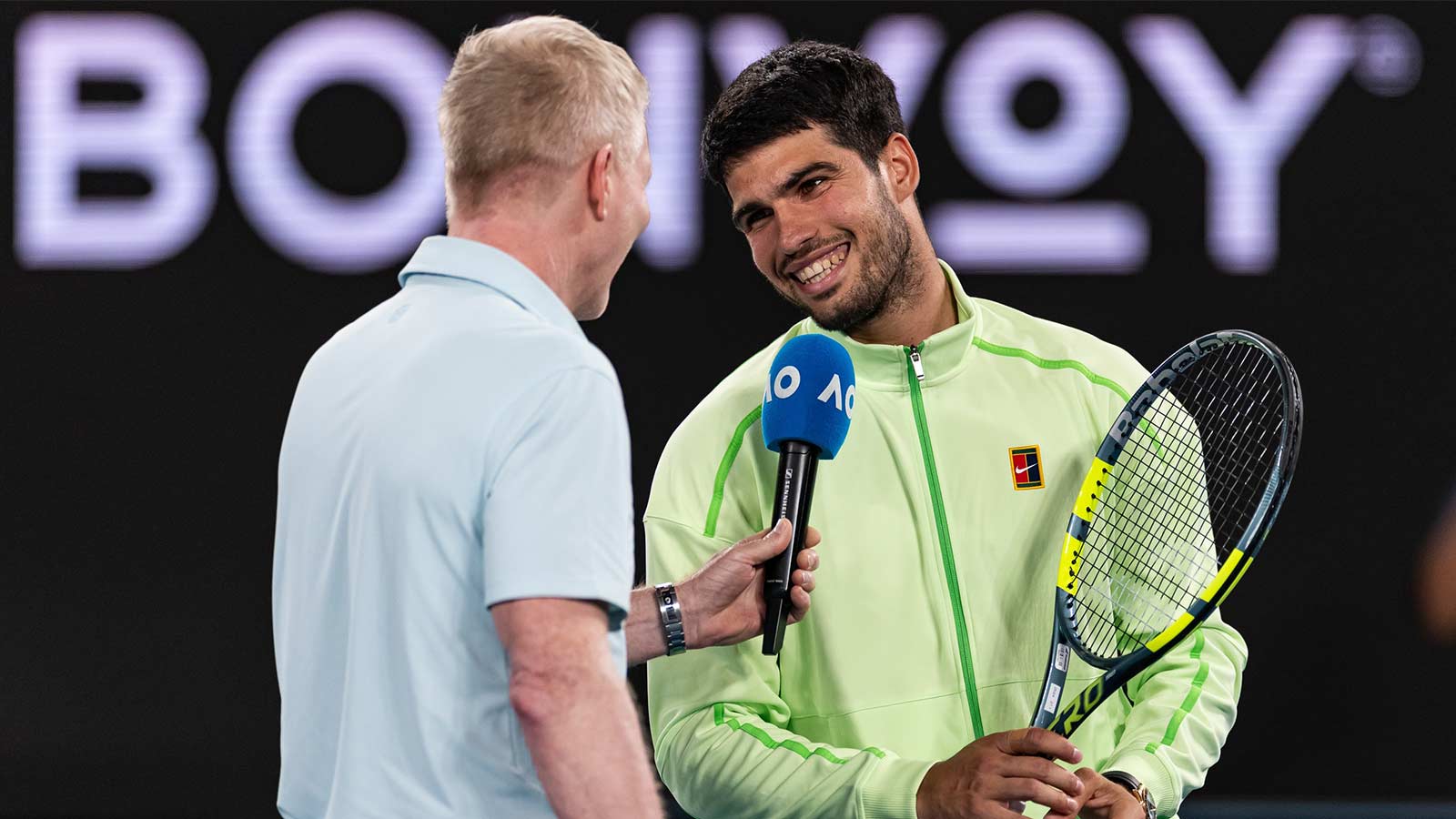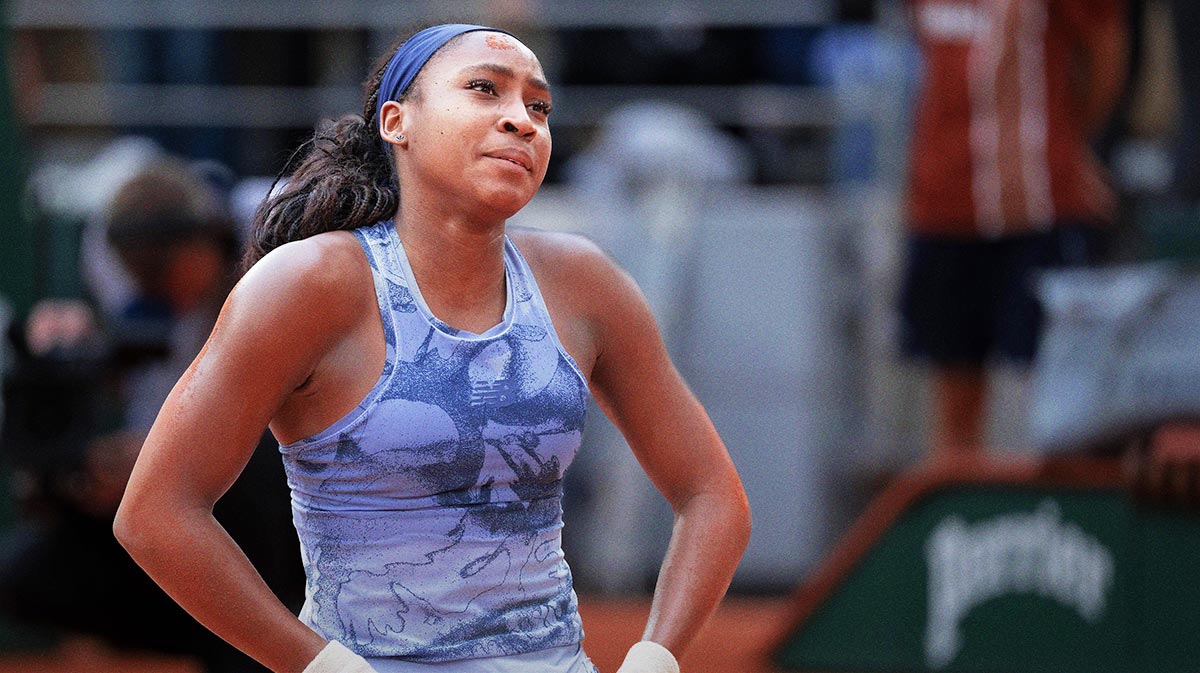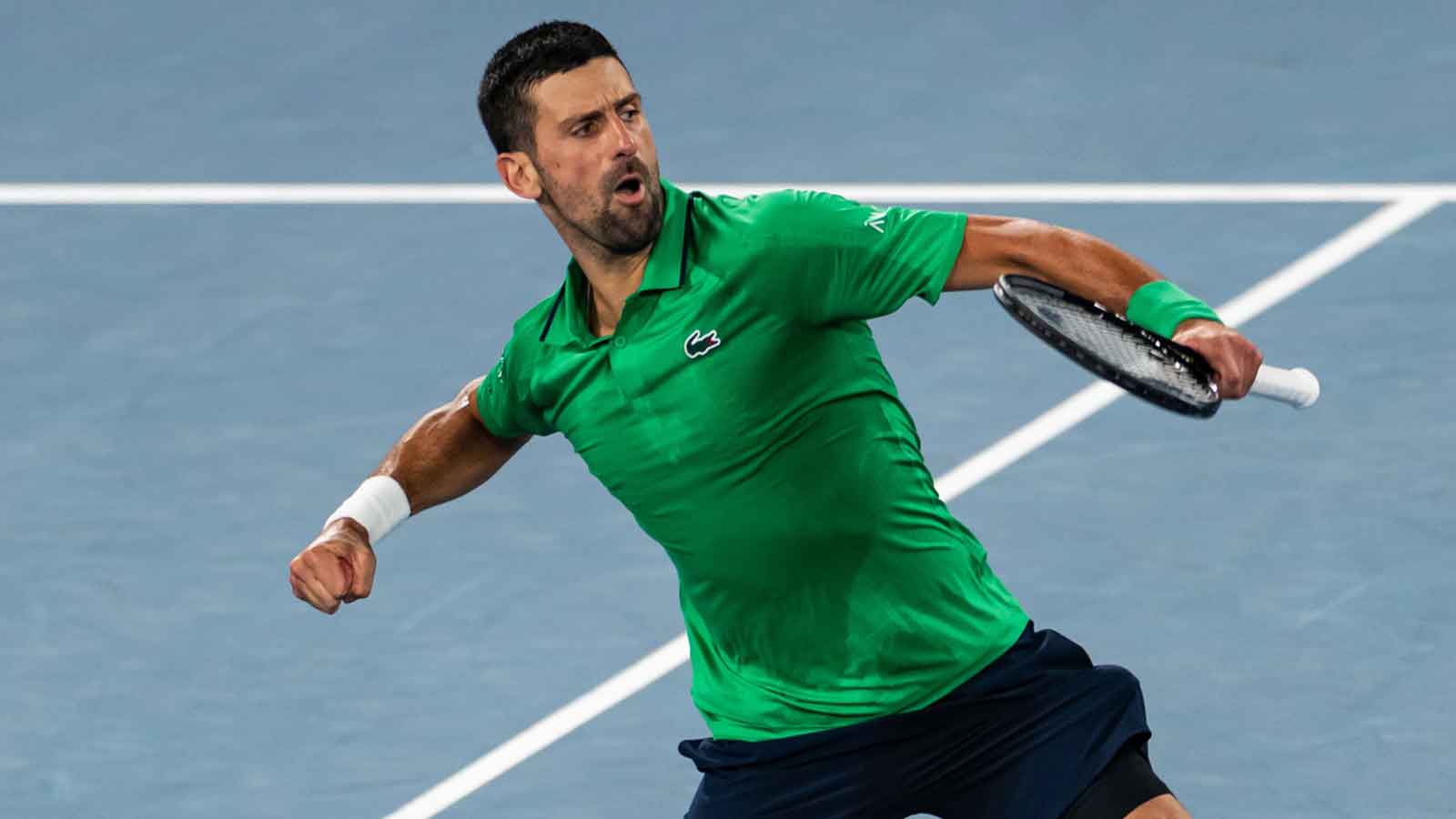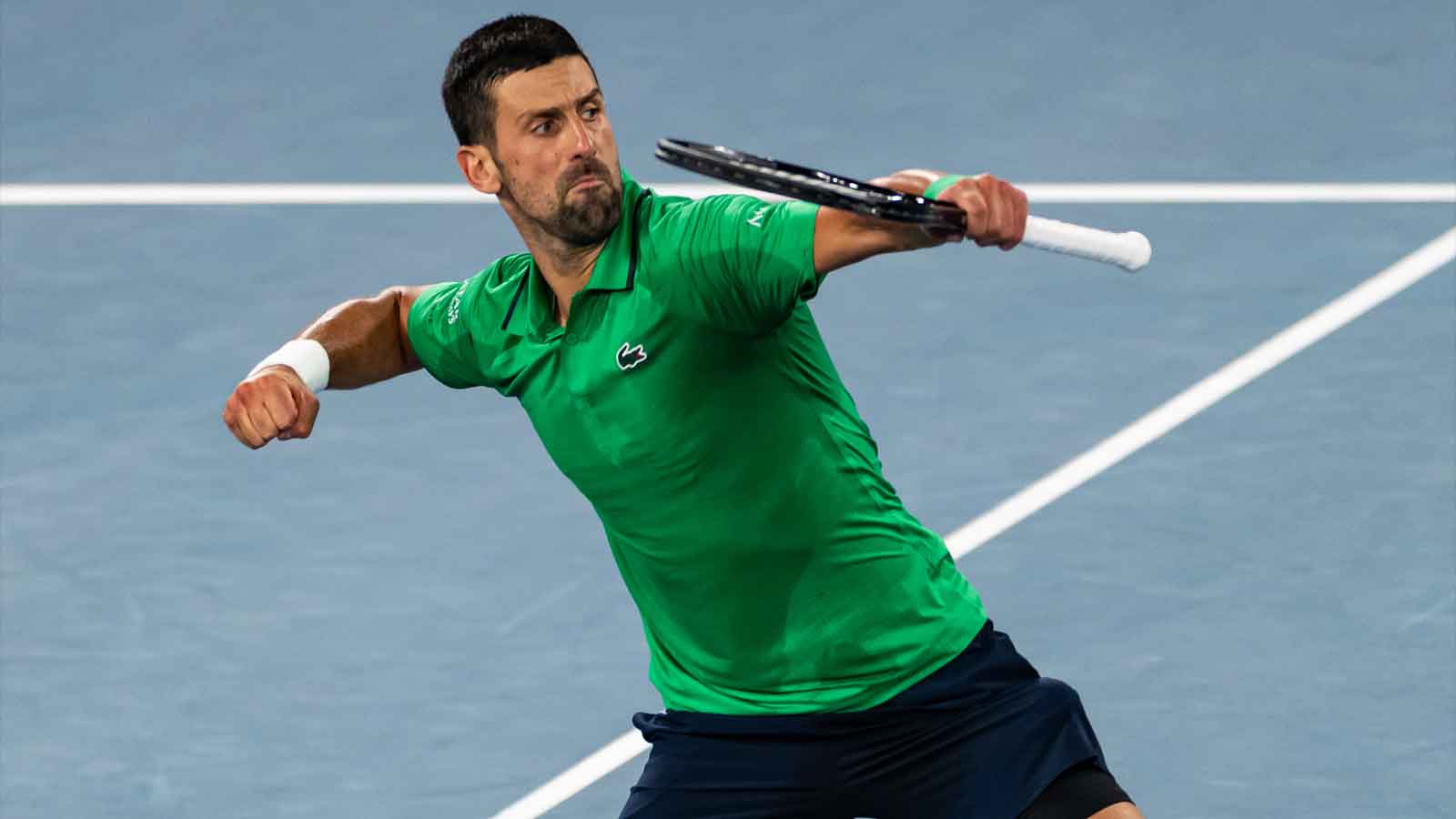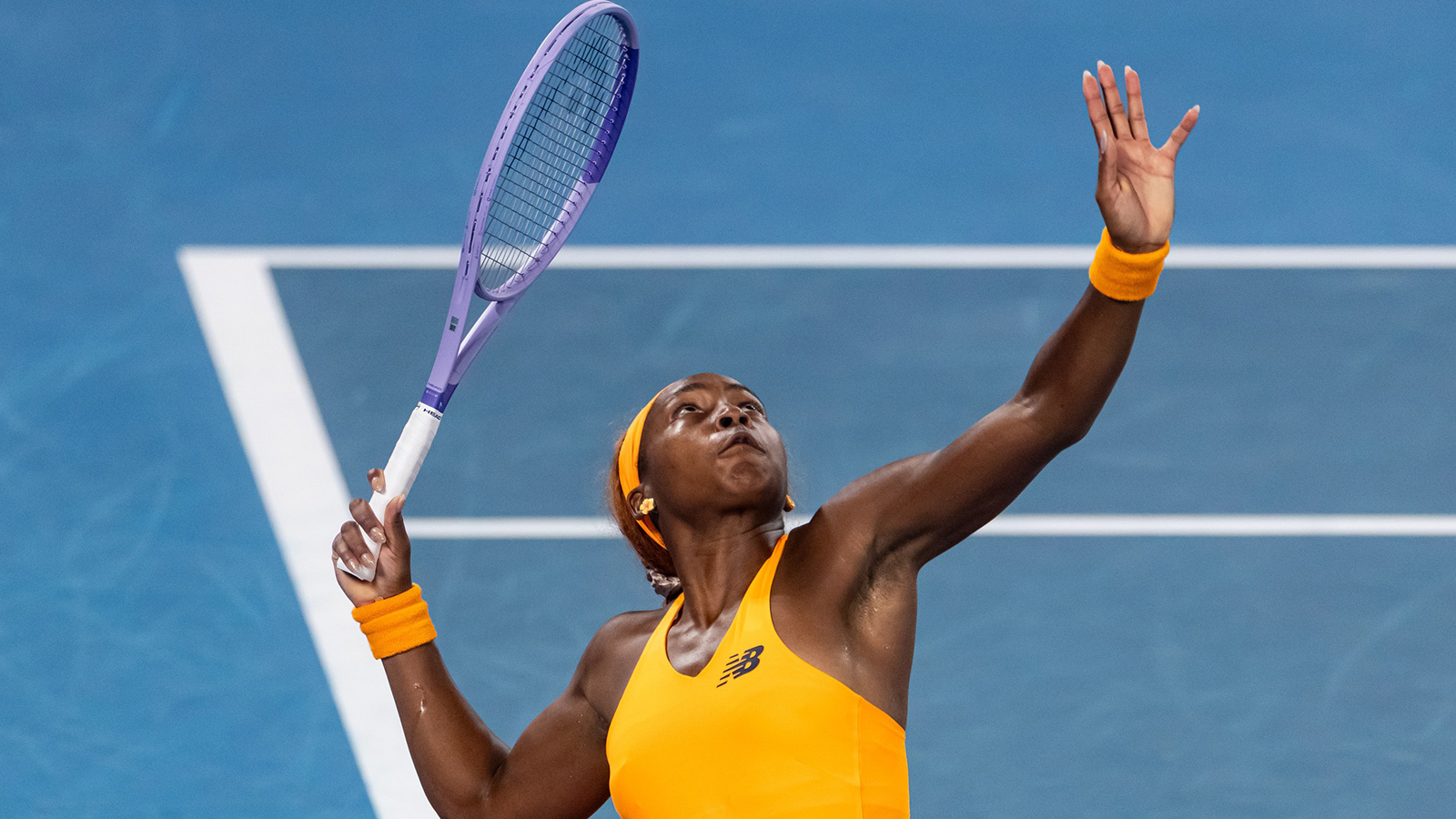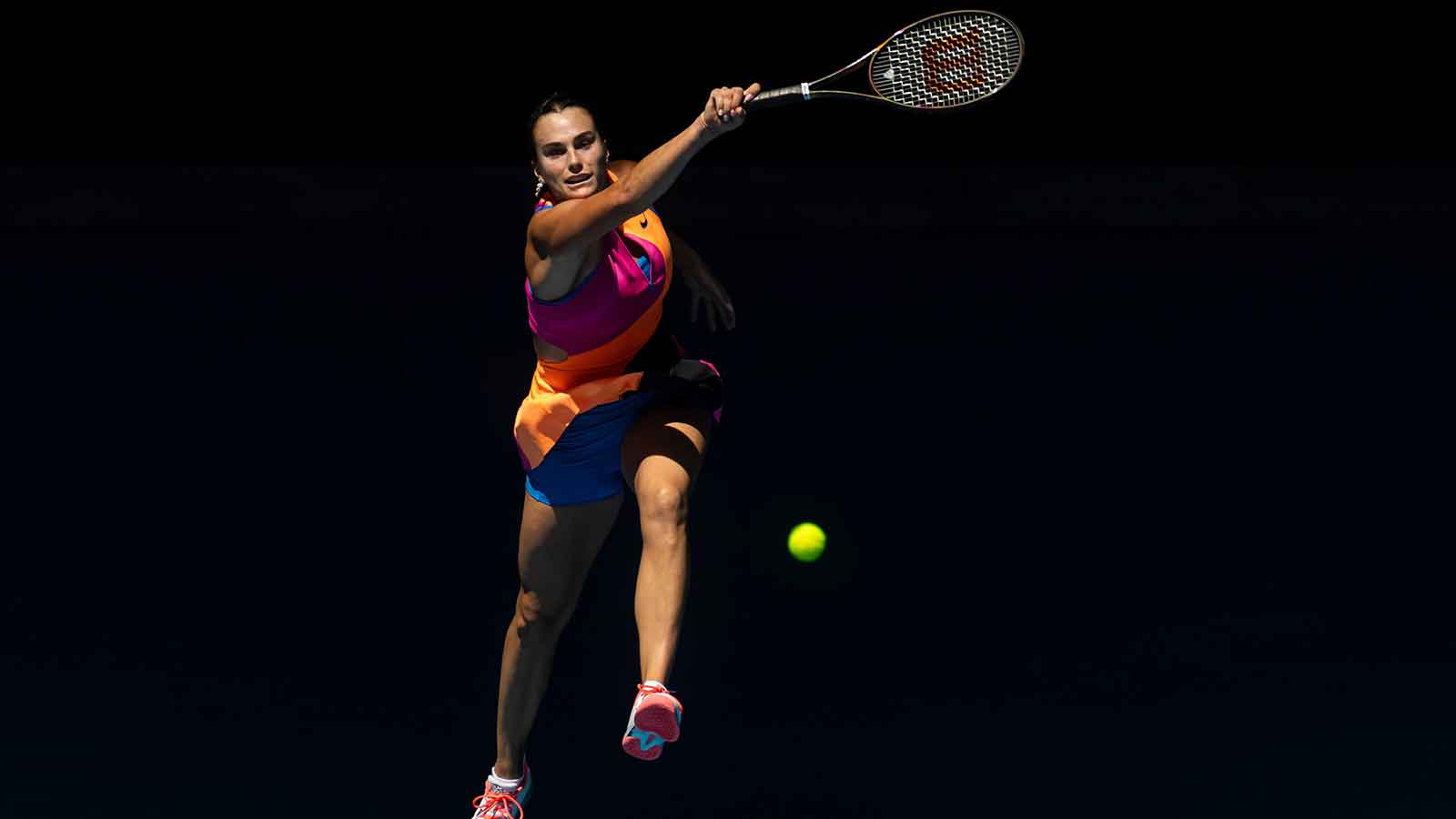Naomi Osaka’s return to a WTA final for the first time in three years was meant to be a sign of progress. Instead, the Japanese star’s run at the Canadian Open ended in a wave of both disappointment on the court and controversy off it.
Osaka, 27, has been working to rebuild her form and confidence after a stretch of uneven results marked by tight three-set defeats and missed opportunities. In Montreal, she looked closer to her best, stringing together a series of strong performances to reach her first tour-level championship match since 2022.
Standing in her way was 18-year-old Canadian breakout Victoria Mboko, playing in her debut season on tour. Mboko had electrified home fans all week, knocking out higher-ranked opponents and showing poise well beyond her years.
The final started well for Osaka, who came out sharp and claimed the opening set. But Mboko responded in style, breaking serve to take a 5-2 lead in the second before closing it out 6-4. In the deciding set, momentum swung firmly in the teenager’s favor as she raced through the games, winning the title with a dominant 6-1 finish.
For Mboko, it was a dream moment, a first WTA title at home, and a victory over one of the players she grew up admiring. For Osaka, it was a crushing defeat that extended her title drought. But it was what happened during the postmatch trophy presentation that drew the most attention afterward.
During her brief speech, Osaka did not acknowledge or congratulate Mboko, a detail that quickly sparked criticism from fans and figures within the tennis community. Former ATP player and current coach Brad Gilbert, who previously worked with Coco Gauff, was among the most vocal.
“After losing 7/6 in 3rd, I know Osaka struggles with social anxiety, but gosh, congratulate your opponent,” Gilbert posted on X. “Especially one that looked up to you, not to mention you just let the last few games go in a final.”
Tennis analyst and former doubles great Rennae Stubbs also weighed in, suggesting that sportsmanship moments like these are especially important when facing young players making their breakthrough.
In the hours after the match, Osaka addressed the situation in comments reported by the Montreal Gazette. She admitted she had simply forgotten to congratulate Mboko in the heat of the moment.
“This morning, I was very grateful,” Osaka said. “I don’t know why my emotions slipped so quickly, but I’m really happy to have played the final; I think Victoria played really well; I completely forgot to congratulate her on court. Yeah, she did really amazing.”
Osaka’s comments did little to quiet the debate online. Some fans sympathized, pointing out that the four-time Grand Slam champion has openly discussed her struggles with anxiety in the past. Others argued that, regardless of emotional state, a basic acknowledgment of the opponent is an expected part of sportsmanship, especially in a high-profile final.
For Mboko, the moment was still historic with a crowd of Canadian supporters cheering her achievement. Yet the abrupt end to the on-court ceremony left a noticeable void in what should have been an entirely celebratory scene.
As Osaka now turns her focus to preparing for the upcoming US Open, the incident serves as a reminder of how closely every aspect of a player’s public presence is scrutinized and how even small oversights can overshadow the larger story of a match. For Mboko, meanwhile, the Canadian Open win marks what could be the first of many titles in a career just getting started.









